With rapid advancements in technology and increasing demand for affordable building materials, faux foundation stone has significantly gained popularity in the construction industry. This artificial alternative to traditional stone is revolutionizing the way builders and homeowners create stunning exteriors and durable foundations. In this article, we will explore the benefits, applications, and environmental impact of faux foundation stone. 1. Cost Savings: One of the primary advantages of opting for faux foundation stone is the cost savings it offers. Natural stone can be expensive due to its scarcity and labor-intensive extraction process.
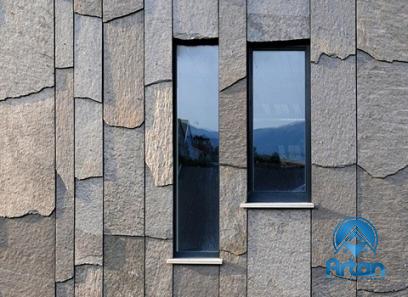
.
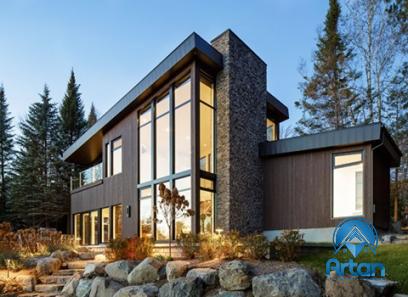 Faux stone, on the other hand, is more affordable as it is made from lightweight materials and requires less effort to produce. This cost-effective solution allows for considerable savings in construction budgets while still achieving a high-end aesthetic. 2. Durability and Longevity: While natural stone is known for its durability, faux foundation stone provides an equally resilient option. Made from a combination of polymers and aggregates, faux stone is designed to withstand harsh weather conditions, including extreme temperatures, heavy rain, and intense sunlight. It is also resistant to cracking, chipping, and fading, ensuring that the foundation remains intact for years to come.
Faux stone, on the other hand, is more affordable as it is made from lightweight materials and requires less effort to produce. This cost-effective solution allows for considerable savings in construction budgets while still achieving a high-end aesthetic. 2. Durability and Longevity: While natural stone is known for its durability, faux foundation stone provides an equally resilient option. Made from a combination of polymers and aggregates, faux stone is designed to withstand harsh weather conditions, including extreme temperatures, heavy rain, and intense sunlight. It is also resistant to cracking, chipping, and fading, ensuring that the foundation remains intact for years to come.
..
 3. Versatility and Design Options: Faux foundation stone offers a wide range of design options, allowing builders and homeowners to customize their projects to suit their preferences. These stones can be manufactured in various shapes, sizes, and textures, seamlessly mimicking the appearance of natural stone. Whether you prefer the timeless elegance of stacked stone or the rugged charm of river rock, faux foundation stone provides endless possibilities for creating visually appealing foundations that complement any architectural style. 4. Ease of Installation: Compared to natural stone, which requires skilled labor and specialized equipment for installation, faux foundation stone is relatively easy to install. Its lightweight nature reduces the need for extensive support structures, resulting in faster and more cost-efficient installation. Builders can save on labor costs and complete projects within shorter time frames, making faux foundation stone an attractive option for construction companies.
3. Versatility and Design Options: Faux foundation stone offers a wide range of design options, allowing builders and homeowners to customize their projects to suit their preferences. These stones can be manufactured in various shapes, sizes, and textures, seamlessly mimicking the appearance of natural stone. Whether you prefer the timeless elegance of stacked stone or the rugged charm of river rock, faux foundation stone provides endless possibilities for creating visually appealing foundations that complement any architectural style. 4. Ease of Installation: Compared to natural stone, which requires skilled labor and specialized equipment for installation, faux foundation stone is relatively easy to install. Its lightweight nature reduces the need for extensive support structures, resulting in faster and more cost-efficient installation. Builders can save on labor costs and complete projects within shorter time frames, making faux foundation stone an attractive option for construction companies.
…
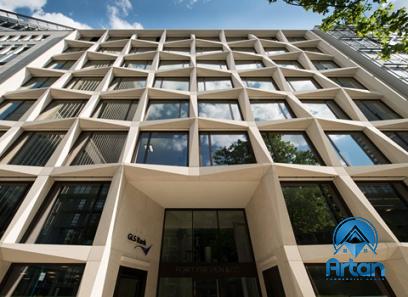 5. Environmental Impact: While natural stone quarrying contributes to land degradation and habitat loss, faux foundation stone offers a more environmentally friendly alternative. The production of faux stone consumes fewer natural resources and produces less waste compared to the extraction of natural stone from quarries. Additionally, using faux stone reduces carbon emissions associated with transportation, as it is typically manufactured closer to the construction site. Conclusion: Faux foundation stone has emerged as a smart, sustainable, and cost-effective alternative to natural stone for construction projects. Its ability to replicate the look and durability of natural stone, coupled with its lower cost and ease of installation, makes it an attractive choice for architects, builders, and homeowners alike. As the demand for environmentally friendly building materials grows, faux foundation stone is likely to continue its upward trajectory in the construction industry, revolutionizing the way we build and design our foundations.
5. Environmental Impact: While natural stone quarrying contributes to land degradation and habitat loss, faux foundation stone offers a more environmentally friendly alternative. The production of faux stone consumes fewer natural resources and produces less waste compared to the extraction of natural stone from quarries. Additionally, using faux stone reduces carbon emissions associated with transportation, as it is typically manufactured closer to the construction site. Conclusion: Faux foundation stone has emerged as a smart, sustainable, and cost-effective alternative to natural stone for construction projects. Its ability to replicate the look and durability of natural stone, coupled with its lower cost and ease of installation, makes it an attractive choice for architects, builders, and homeowners alike. As the demand for environmentally friendly building materials grows, faux foundation stone is likely to continue its upward trajectory in the construction industry, revolutionizing the way we build and design our foundations.
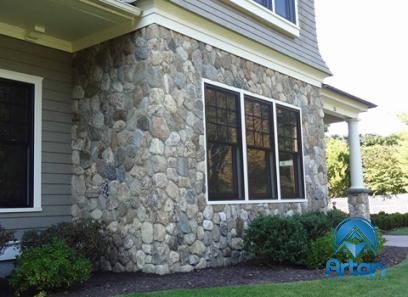
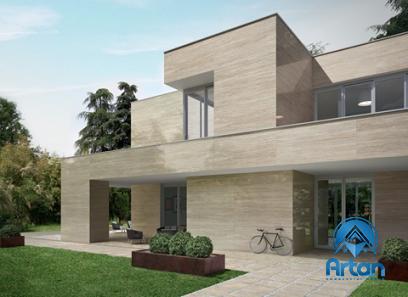


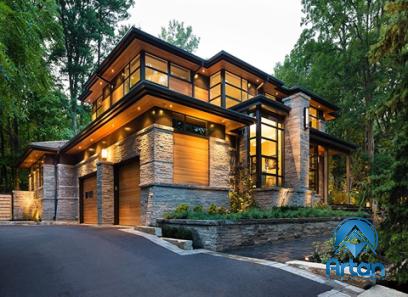

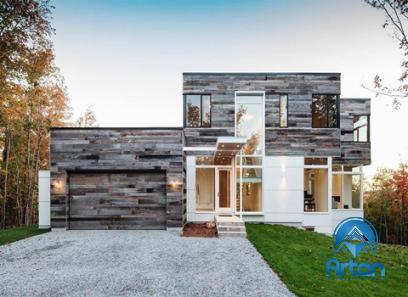
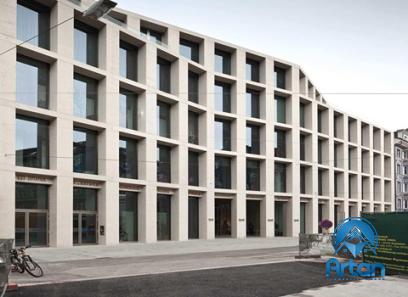
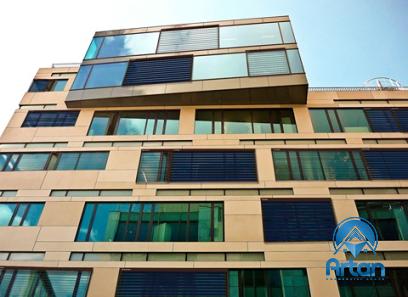
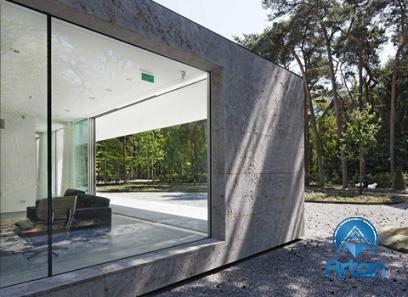
Your comment submitted.